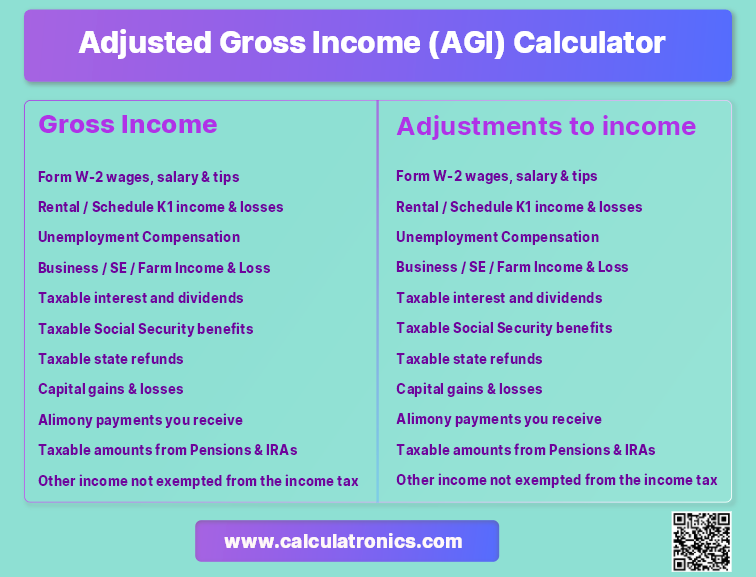What Tax Records Should You Keep for Arkansas Income Tax and How Long?
As a taxpayer, keeping accurate and up-to-date records of your Arkansas income tax returns is crucial. This article will address some frequently asked questions about preserving Arkansas tax records, including the reasons for maintaining these records, the steps to take in organizing, what records you should keep and store them, and the duration for which they should be retained. By following the guidelines provided here and using resources like the Arkansas Paycheck Calculator, you can ensure that your tax records are well-organized and readily accessible when needed.
Why Should You Keep Arkansas Income Tax Records?
Maintaining your Arkansas income tax records is essential for several reasons:
- Verification of the accuracy of your tax return: Properly preserved tax records can help prove the correctness of your filed tax return.
- Ease of examination: The Director of the Arkansas Department of Finance and Administration may examine your tax records at any reasonable time during the retention period.
- Refuting estimated assessments: In the absence of well-maintained tax records, the Director may make an estimated assessment based on any available information. As per ACA 26-18-506, the burden of proof to refute this estimated assessment falls on the taxpayer.
What record should you keep for Arkansas Tax?

Below is the list of records that you should keep:
- Income Records
- W-2 forms from employers
- 1099 forms for various types of income (e.g., interest, dividends, self-employment)
- Bank and brokerage statements
- Records of rental income
- Records of alimony received
- Deduction Records
- Receipts for charitable donations
- Invoices and receipts for medical expenses
- Mortgage interest statements (Form 1098)
- Property tax bills
- Records of unreimbursed business expenses
- Records of alimony paid
- Credit Records
- Receipts for child and dependent care expenses
- Certification or approval documents for energy-efficient home improvements
- Records of education expenses (e.g., tuition, fees, books)
- Adoption expense documentation
- Filing Status and Exemptions
- Marriage certificates
- Birth certificates for dependents
- Adoption papers for adopted children
- Death certificates for deceased spouses or dependents
- Payment Records
- Payment vouchers for estimated tax payments
- Confirmation numbers for electronic payments
- Canceled checks or bank statements for tax payments
- Previous Tax Returns
- Copies of filed Arkansas income tax returns
- Supporting documents for each tax return, such as income and deduction records
By maintaining these records in an organized manner, you can ensure that you have the necessary documentation to support your tax return and respond to any inquiries from the Arkansas Department of Finance and Administration.



